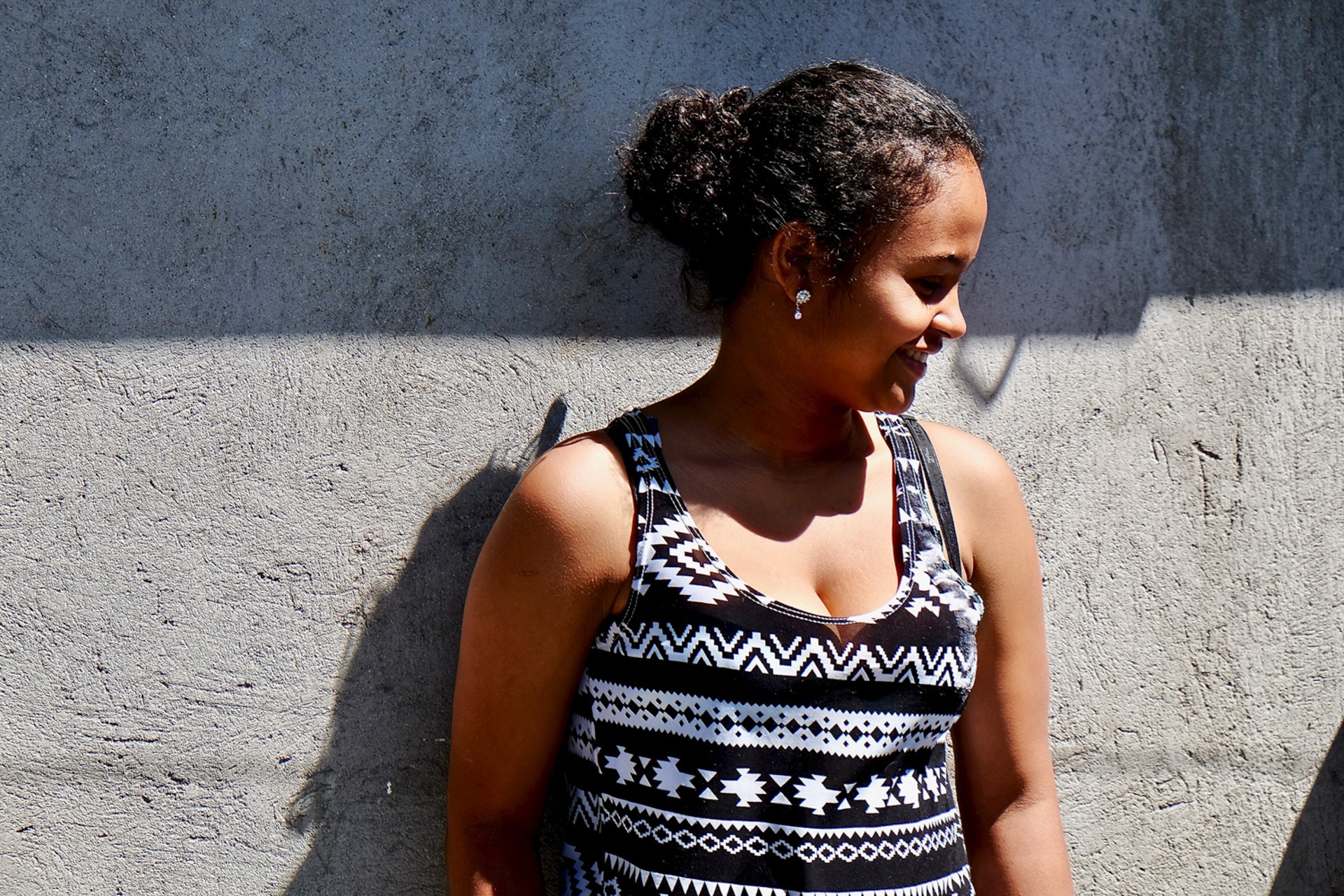
The case studies in this chapter provide examples of how countries used evidence-based strategies to promote adolescent health and well-being, and prevent ill health.
Success in zero-tolerance approach for alcohol consumption among young drivers in Germany

In 2007 Germany implemented a law targeting young/novice drivers and their drinking behaviours to reduce alcohol-related driving incidents. Evidence has linked high-risk behaviours such as alcohol consumption with increased collisions. The new law implemented zero tolerance for alcohol consumption among new drivers, those within their first two years of driving and drivers under the age of 21. Young/novice drivers who are caught drinking and driving could have their licenses suspended or, depending on the circumstances, could be fined 125–1000 euros.
Assessments conducted after the implementation of the law reported reduced traffic-related incidents among the first cohort of young/novice drivers when compared with a reference group of young/novice drivers before implementation of the law. This was confirmed in a follow-up evaluation.
Source: Adminaité-Fodor D, Carson J, Jost G. Reducing road deaths among young people aged 15 to 30: European Transport Safety Council; 2022 (https://etsc.eu/reducing-road-deaths-among-young-people-pin-flash-41/)
Roots, Indonesian peer violence programme, reduces bullying and victimization in schools

In line with the Indonesian Ministry of Women Empowerment and Child Protection’s goal of preventing and reducing violence and bullying among youth, UNICEF and partners implemented an adapted version of the US anti-bullying intervention programme Roots. The Roots programme is geared towards improving anti-bullying efforts through student-led activities. It draws from evidence-based effective anti-violence and anti-bullying intervention tools that have been used successfully in a number of countries.
In Indonesia the Roots intervention included a teacher training programme to increase teachers’ knowledge of positive discipline practices. The intervention recruited students to serve as change agents after being voted by their peers to serve in that role. The change agents hold regular sessions to identify violence- and bullying-related problems in their schools and work on solutions with young facilitators. Schools that took part in the programme successfully developed anti-bullying agreements and saw a reduction in bullying- and victimization-related incidents. However, in certain areas where the programme was implemented, the number of identified bullying-related incidents increased due to improved mechanisms for reporting bullying. Overall, in all regions of Indonesia, notable improvements were observed in students, change agents and teachers in their responses to bullying.
Source: Evaluation of the roots Indonesia. New York: United Nations Children’s Fund; 2023 (https://www.unicef.org/indonesia/reports/evaluation-roots-indonesia).
Cash transfers improve outcomes for pregnant teenage girls in Ecuador

On the northern Ecuadorian border, a pilot cash transfer programme offered cash transfers to improve the diet of pregnant adolescent girls. The programme ran from July to December 2019 and was jointly implemented by three government ministries, the WFP and Plan International. Areas targeted were communities at high risk of gender-based violence and teenage pregnancy. Girls residing in mostly rural and peri-urban settings who were considered poor or extremely poor were invited to participate. The project provided cash transfers the equivalent of US$ 50 to cover costs of recommended diets that they could otherwise not afford. Recipients used funds to pay for food, sanitation products and health services. In addition to the cash transfer, they received site visits from implementers to encourage healthy eating and lead information sessions on food security and healthy sexual behaviours. Despite the programme’s short duration, recipients of the cash transfers increased the number of food groups consumed by 29%. Also, the proportion of women who had consumed at least five out of the 10 pre-defined food groups the previous day or night increased from 34% to 60%. In addition to better diets, more girls reported having antenatal check-ups and understanding the importance of using medical services.
Source: Bernardini C, Honton G, Irizarry L, Sanz J, Castillo E, Guevara C et al. Preventing teen pregnancies and supporting pregnant teenagers in Ecuador. Field Exchange. 2021;66.
